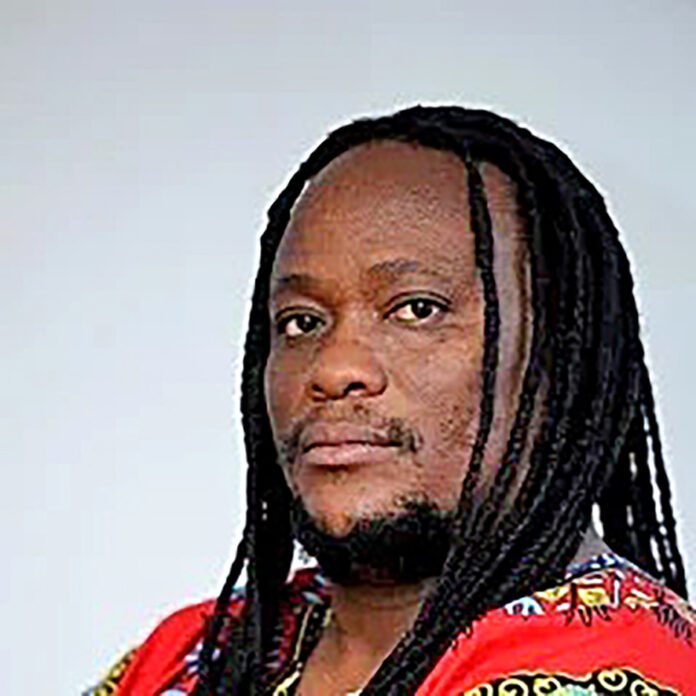Two Thursdays ago, just a few days before the ANC’s celebration of 100 days of the government of national unity (GNU), party veteran Mathews Phosa made a potent observation about voter disillusionment and scepticism.
“The voters have found their voices and spoke clearly: ‘We do not believe your political spin, we think you are blind to the optics that you create with your fat lives; we have lost our faith in your integrity. You are not working on our behalf nor are you the leaders of society anymore,” Phosa said in his critique of the ANC to the audience at Stadio Campus, Centurion, during a discussion on “Global Leadership/Leaderlessness”.
The statement suggests a collective awakening and determination among the electorate to express dissatisfaction. “Political spin” connotes manipulation and insincerity, suggesting that voters perceive political communication as misleading or deceptive. This reflects scepticism towards polished messaging and highlights a demand for authenticity.
“Blind to the optics” implies a failure to recognise the implications of one’s actions or image, while “fat lives” suggests a lifestyle of excess and privilege. This juxtaposition highlights a disconnect between political figures and the public they serve, accentuating feelings of alienation and frustration.
The statement, “We have lost our faith in your integrity,” signifies a profound breach of trust. Integrity is foundational and its perceived absence indicates a breakdown in the relationship between voters and leaders. This loss of faith is serious, as it questions the moral and ethical standing of ‘our leaders’.
“You are not working on our behalf” is a straightforward accusation of neglect. It implies that political leaders are not fulfilling their fundamental duty to represent and advocate for the interests of their constituents. This component reflects a sense of betrayal and underscores the perceived self-interest of those in power.
The concluding phrase, “Nor are you the leaders of society anymore,” challenges the legitimacy and authority of political figures. The phrase suggests a shift in the perception of leadership – questioning traditional roles.
Together, these components portray dissatisfaction and demand for change. The language is direct and unembellished, reflecting the urgency and intensity of the sentiment. The passage captures the essence of a critical moment where voters are not merely passive recipients of political decisions but active participants seeking accountability and transformation.
One did not need to squint to see all these elements at play during the Luthuli House GNU jamboree. But the most overt was “political spin”. And it sums up all that the GNU has been since the May 29 polls: an expensive public relations exercise to prop up failed leadership.
And I’m not making this up.
The GNU inherited the public relations machinery that was put in place to bolster President Cyril Ramaphosa in 2022, also known as #CR22. The #CR22 campaign has its roots in the exorbitant #CR17 campaign, where big business splashed hundreds of millions to install their preferred president in the ANC.
The @goolammv account on X, whose owner (and contributors) are currently fugitives from the law for defaming everyone in the name of defending Ramaphosa, is a prime example of this well-funded propaganda machinery.
Pat Govender, founder of The Behaviour Change Agency, the company that created the #CR17 brand online, says as much: “We knew that a single online campaign cannot win an election all by itself. We recruited an army of online supporters and ANC members.”
Who knew that at some point an ANC presidential candidate would require an army of faceless social media bots to sell his or her commitment to the liberation of black people? And in the past 100 days, some mainstream media has told unsuspecting citizens that the price of petrol was going down because of the GNU. Some even declare, without any iota of shame, that the country’s happiness index has shot up because of the GNU.
Former opposition leader Simon Grindrod makes the same point, noting that: “South Africa is a land of miracles. A few DA chaps get ministerial positions, and 30 years of ANC corruption vanish overnight… kapoof!”
Through the GNU, Ramaphosa rubberstamped the DA’s brand of politics into the ANC and government, where focus on optics trumps reality.
For its part, the DA calls it the “air campaign” or something similar, where unsuspecting voters were once sold a story that Zille is a liberation hero. Some believed it or the deception that after voting DA, voters would somehow “win” something.
Hundreds of ANC members and supporters were bused to Luthuli House on Monday to create the impression that ANC members have embraced the GNU. Is it true?
- Stone is political editor



